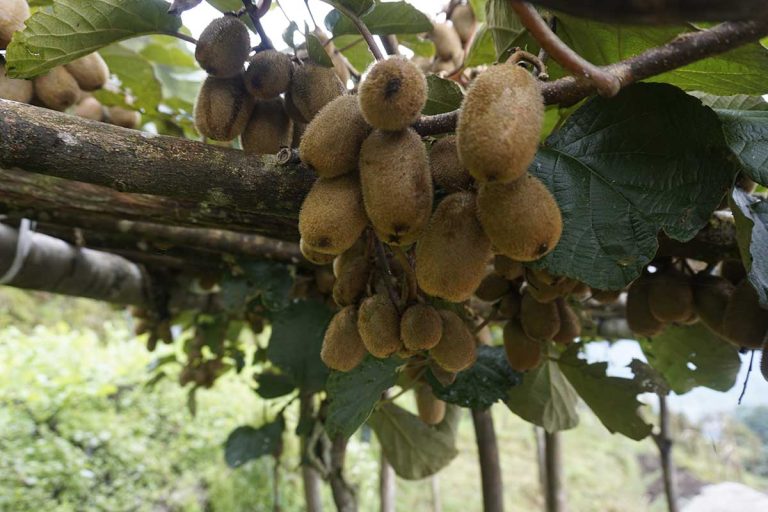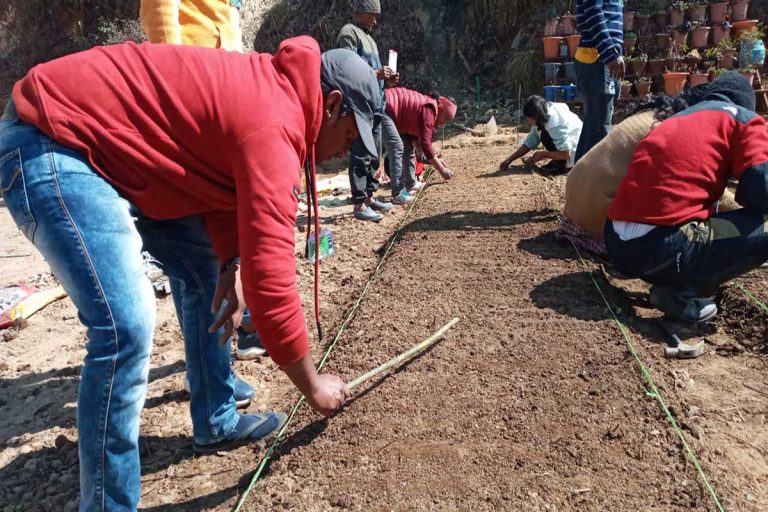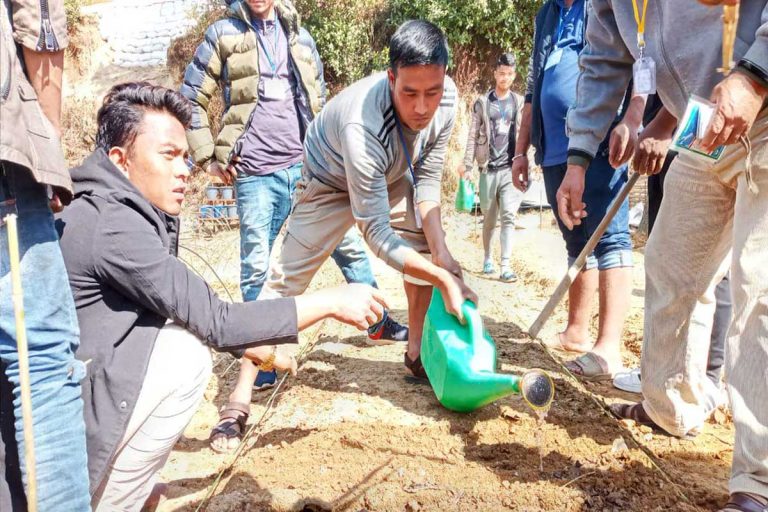Academic Programs
At Yangrima we are dedicated to providing a comprehensive and holistic education that prepares students for a successful future. Our academic programs are aligned with the Nepal government curricular framework (https://moecdc.gov.np/en/curriculum) and designed to foster intellectual growth, creativity, and critical thinking.
1. Basic Level Education (Grade 1-8)
Our Basic Level Education program encompasses grades 1 through 8, adhering strictly to the Nepal government curricular framework. This foundational stage emphasizes core subjects and essential skills, setting the groundwork for lifelong learning.
Curriculum Highlights:
- Core Subjects: Our curriculum includes Nepali, English, Mathematics, Science, and Social Studies. Each subject is taught using engaging methodologies that cater to various learning styles.
- Integrated Learning: We promote an integrated approach to learning, where students can connect knowledge across subjects, fostering a deeper understanding.
- Assessment and Evaluation: Continuous assessment is integral to our program. We use formative and summative assessments to gauge student progress and adapt our teaching strategies accordingly.
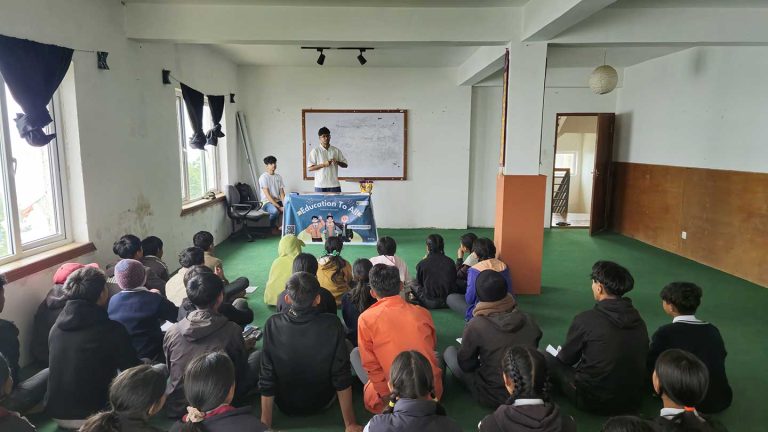
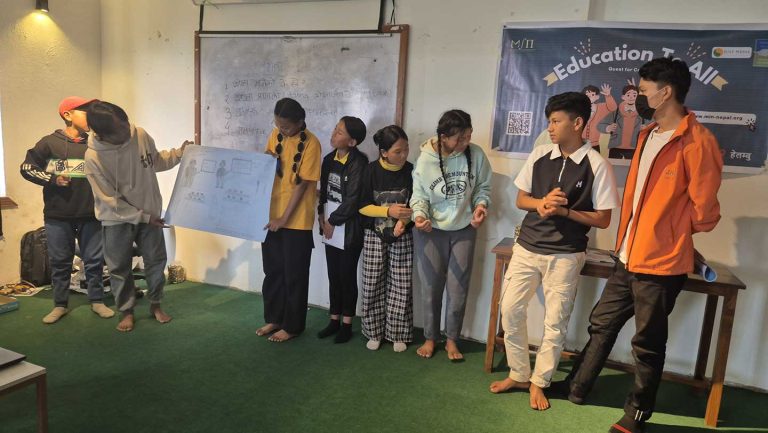
2. Higher Secondary Education (Grades 9-12)
Our Higher Secondary Education program for grades 9 to 12 prepares students for higher education and professional paths. We offer a variety of streams to cater to diverse interests and career aspirations. Our students take the Secondary Education Examination (SEE) in Grade 10 and the NEB +2 Board Examinations in Grade 12.
Stream Offered after SEE (in Grades 11 and 12):
- Management: Focused on compulsory subjects like English, Nepali, Social Studies and additional subjects such as Accountancy, Tourism Management and Hotel Management, our comprehensive course that follows the National Examination Board (NEB)-mandated academic curricula equips high school students with the knowledge and skills needed for a career in the hospitality industry.
Skill Based Education
- Research Projects: Students engage in research projects that encourage inquiry and innovation, and provide them with industry-ready skills, preparing them for higher education or entry-level job opportunities.
- Career Counseling and Internships: We provide guidance and counseling to help students make informed decisions about their academic and professional futures. All students of Hotel Management at the higher secondary level at Yangrima get an opportunity to earn while studying, with paid internship opportunities at the Yangrima Eco-lodge thus offsetting their tuition fees.
- Special Education Projects: Highlights of special education projects/bootcamps.
At Yangrima Boarding School, we are deeply committed to providing inclusive and accessible education for all students, regardless of their abilities or backgrounds. Our special education projects are designed to address the diverse needs of learners, ensuring that each student receives the support they require to reach their full potential. These initiatives occur through carefully crafted bootcamps, workshops, and specialized programs that focus on both academic and life skills development.
We have collaborated with progressive organizations like Mathematics Initiatives in Nepal (MIN) to instill the love and appreciation for mathematics in our students.
Held over a 3-day period, this mathematics camp not only fostered a love for learning but also allowed participants to experience diverse teaching approaches and inspiring young learners to appreciate mathematics in their everyday lives. This project, along with our other initiatives, highlights our ongoing commitment to creating an inclusive, supportive learning environment that nurtures growth, confidence, and a sense of belonging for all students at Yangrima.
To enrich our academic offerings, we also provide special subjects that enhance students’ knowledge and skills beyond the standard curriculum.
Special Subjects Include:
- Environmental Education: Students learn about sustainability, conservation, and ecological balance, fostering a sense of responsibility towards the environment. The Yangrima Eco-Club, run and managed by the students, organizes various activities throughout the calendar year involving students, staff, interested parents, and members of the local community.
- Information Technology: This subject introduces students to computer basics, programming, and digital literacy, preparing them for a tech-driven world. The school organizes periodic hackathons to challenge students into solving real-world projects within a stipulated time in a competition framework.
- Physical Education: Emphasizing physical health and teamwork, this subject includes sports and fitness activities, promoting a balanced lifestyle. The school provides ample scope to its students for guided free play and athletics that build physical strength and mental fortitude.
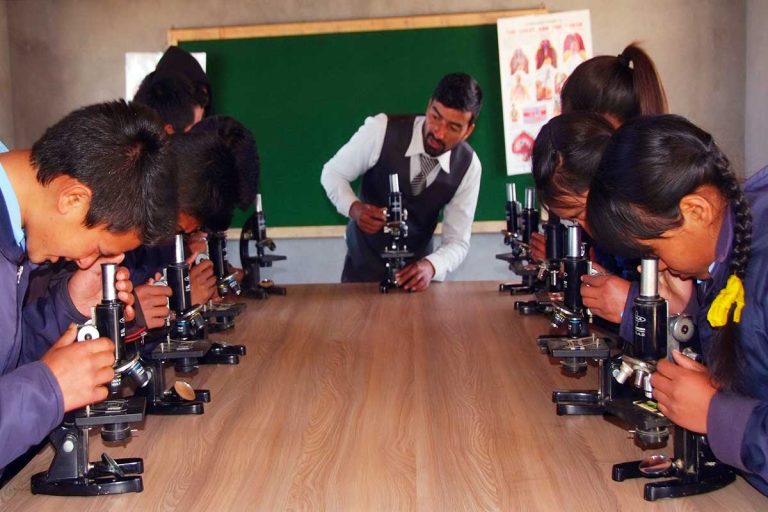
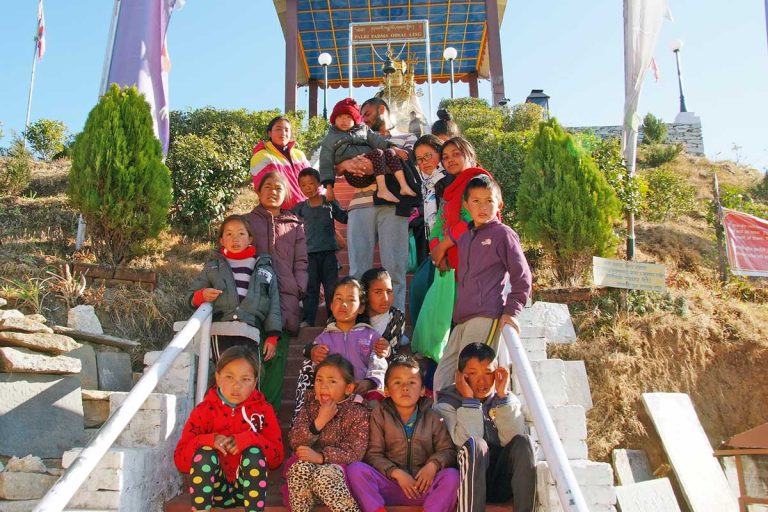
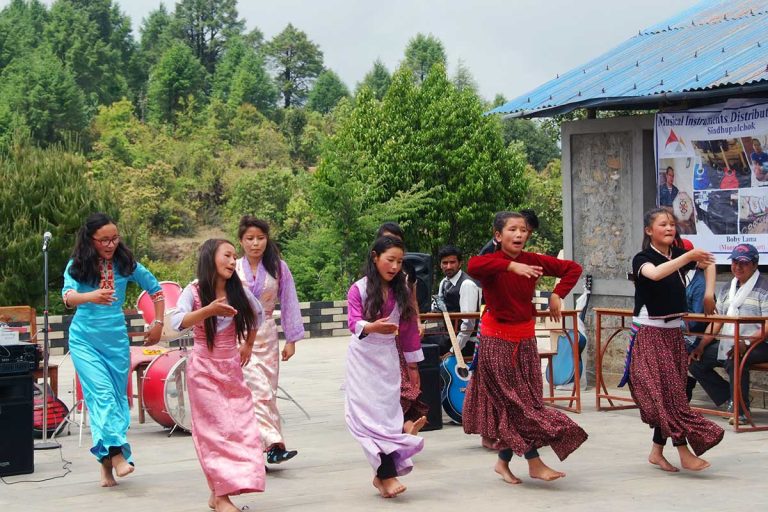
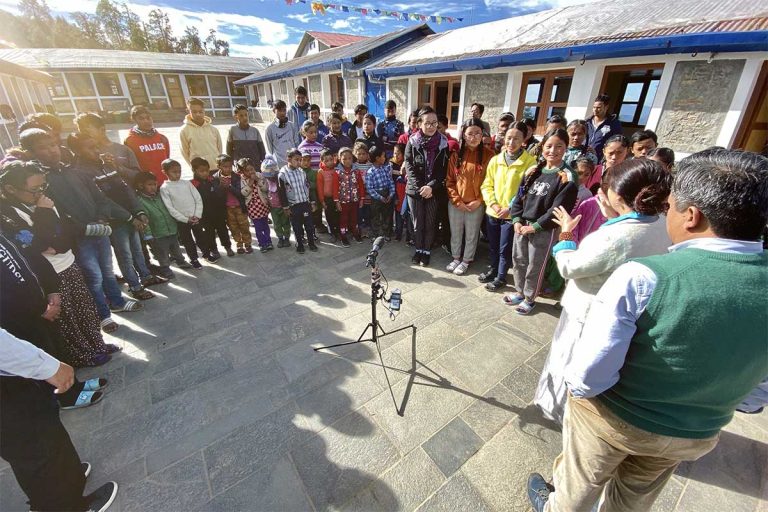
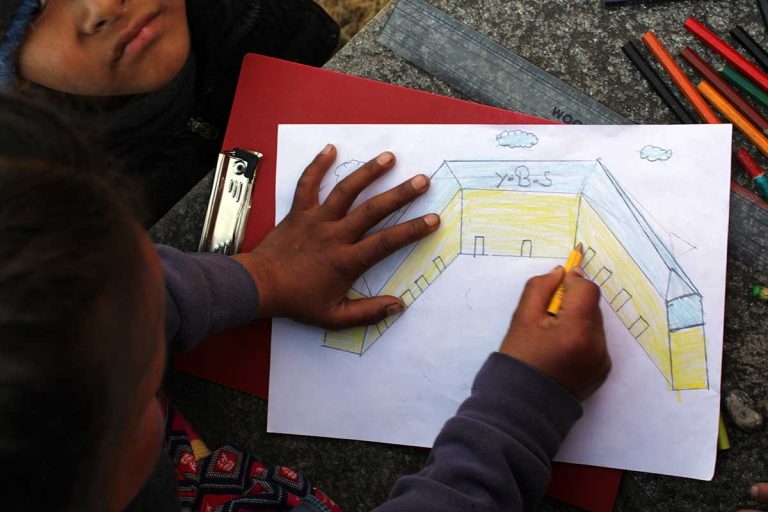
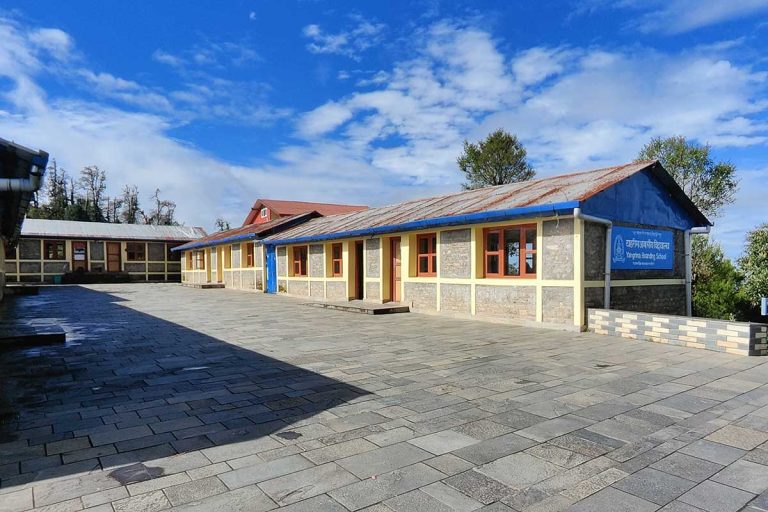
Student's Life
Residential Life - Insights into dormitory living and community atmosphere.
At Yangrima School, the residential life fosters a vibrant and supportive community atmosphere that enhances students’ educational experiences. The dormitories provide a safe and nurturing environment where students from diverse backgrounds come together to live, learn, and grow. Our residential teaching staff are well-trained to foster camaraderie, encouraging students to build lasting friendships and develop essential life skills such as teamwork and responsibility.
Evening study sessions, recreational activities, and communal meals further strengthen these bonds, creating a sense of belonging and family among residents. We believe that this enriching residential experience not only complements academic learning but also equips students with life skills necessary to thrive in an interdependent and connected world.

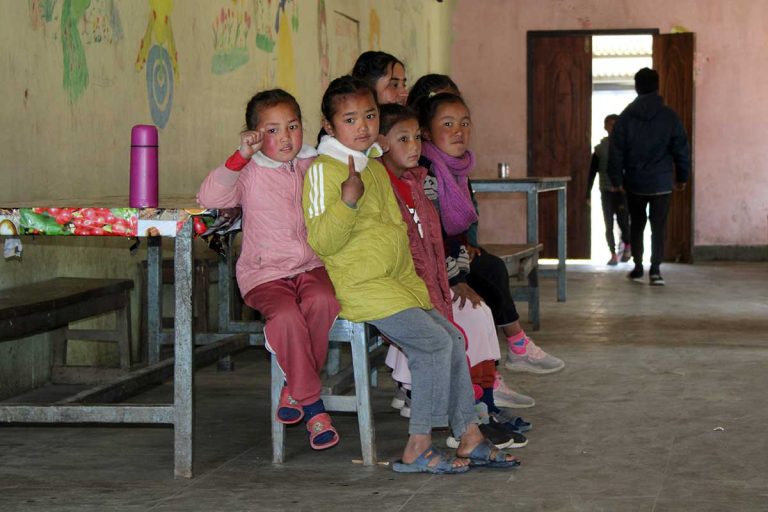
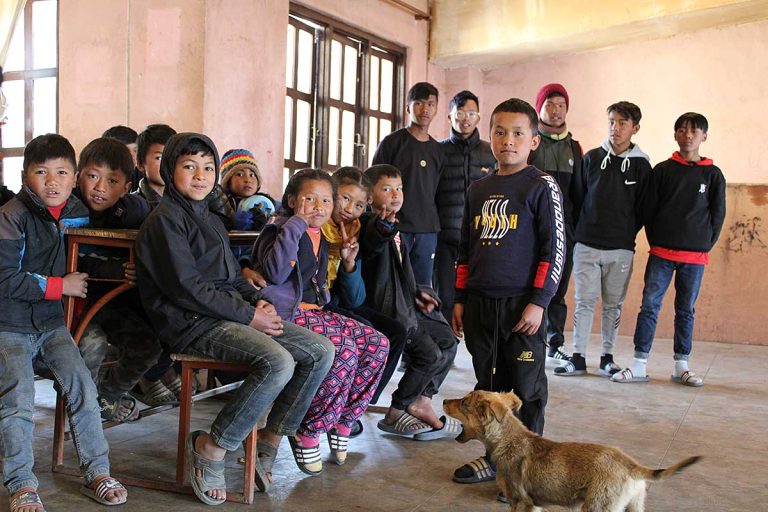
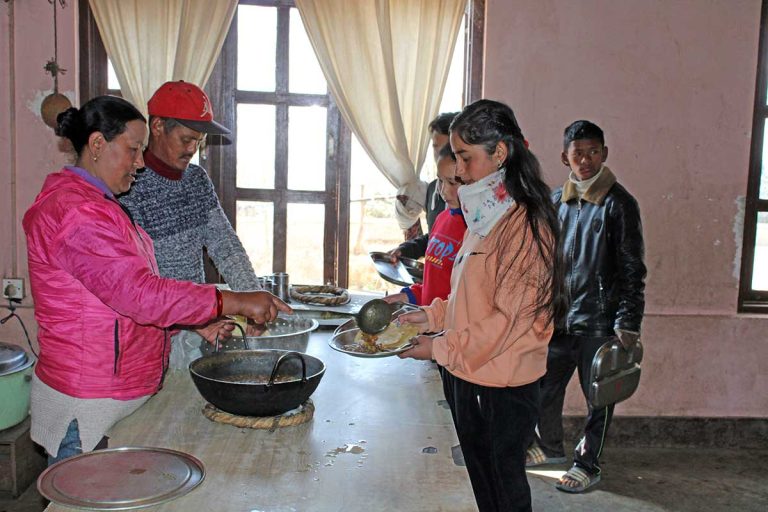
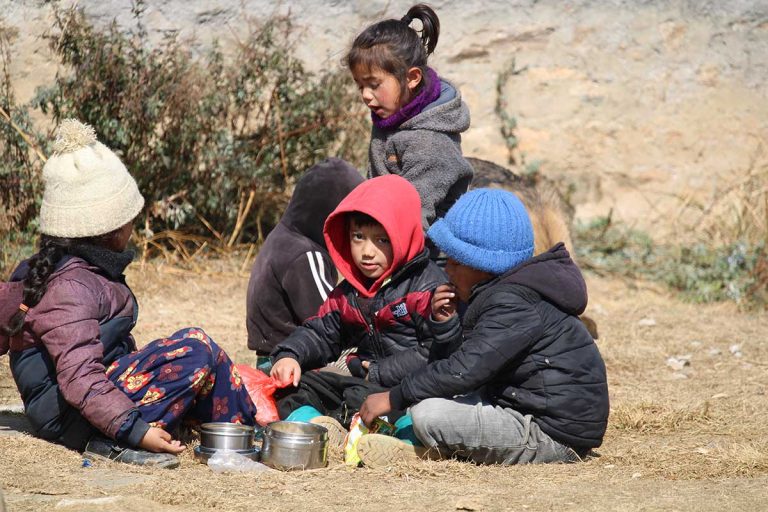
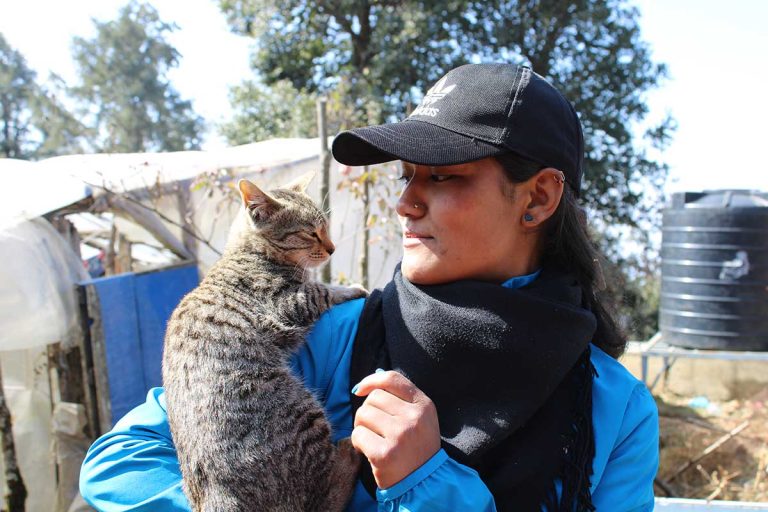
Sports and Extra-Curricular Activities - Information on sports offered, clubs, and creative arts programs.
At Yangrima School, we recognize the importance of a well-rounded education, which is why we offer a diverse range of sports and extracurricular activities designed to engage students’ interests and talents. Our sports programs include football, volleyball, badminton, table tennis, indoor games,and traditional Nepali games, promoting physical fitness, teamwork, and sportsmanship. In addition, participation in athletics disciplines inculcates a sense of adventure in the students. Often during weekends our students indulge in long races that traverse the picturesque landscape surrounding the school, building stamina and strength.
Through the Yangrima United Sports Club, we offer students the opportunity to compete at local, provincial, and national levels, encouraging them to strive for excellence. Whether they aspire to pursue sports professionally or maintain it as a lifelong hobby, the foundation they build here will support their future growth. Additionally the underlying objective behind this is to make Helambu a better place to live, work and learn.
Students at Yangrima also have the opportunity to explore their creative side through various platforms at school and in their communities including art, drama, and music, where they can hone their skills and express themselves artistically.
Our students regularly organize and participate in a wide range of competitions, both at school and externally. Over the years, the school has built a formidable reputation in the ecosystem for their tremendous positive spirit and enthusiasm. The school also encourages students to contribute to the local community by means of service projects that build a sense of connection and empathy among the students for the surrounding ecosystem. These endeavors build tremendous educational and social values among the students.
The school actively encourages students to engage in leadership and service activities as a way to foster a sense of responsibility, belonging, and a commitment to service. Through these experiences, students not only develop practical, organizational and interpersonal skills but also learn the value of contributing to something larger than themselves. These opportunities are vital in shaping well-rounded individuals who are prepared to make a positive impact on society. A particularly heartwarming example of this was when our students took the initiative to prepare and serve kheer to the entire Sermathang community during Buddha Purnima. This act of service not only deepened their connection with local traditions but also cultivated a spirit of unity, empathy, and collaboration, reinforcing the importance of giving back to the community.
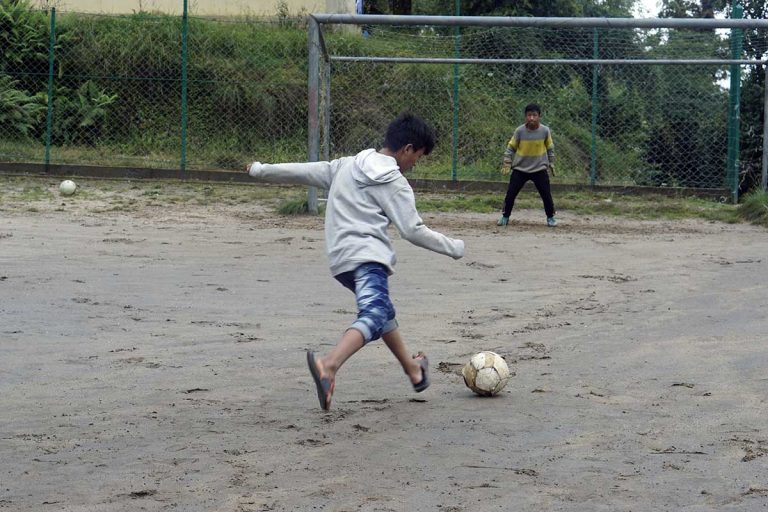
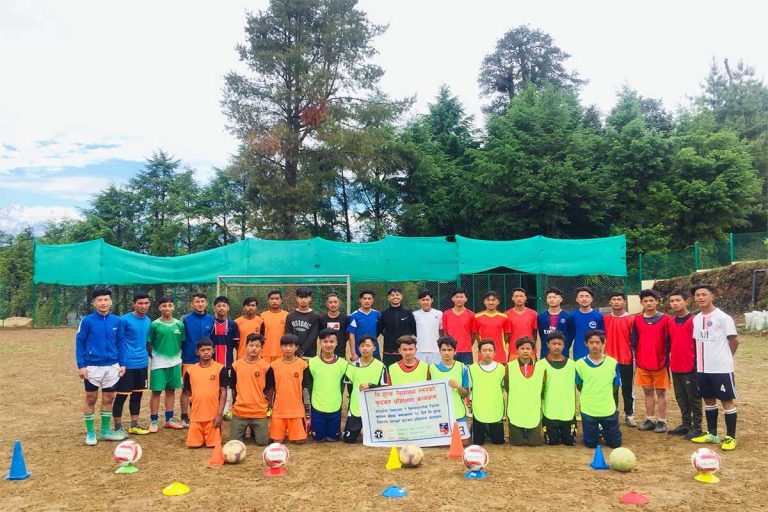
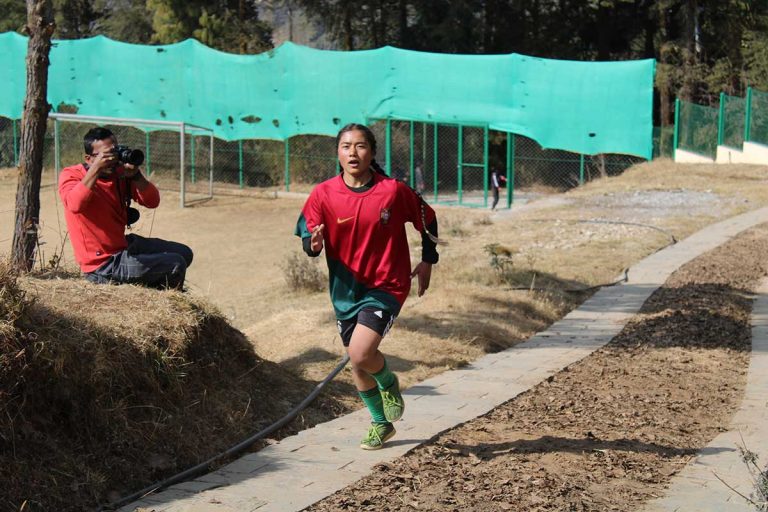
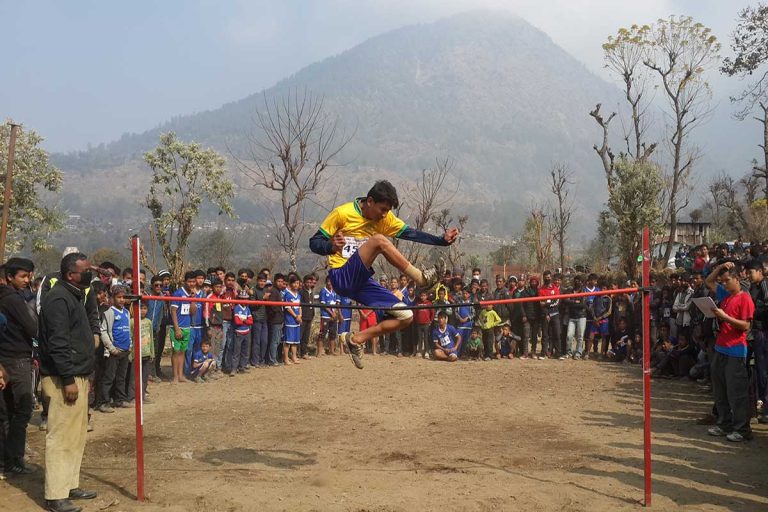
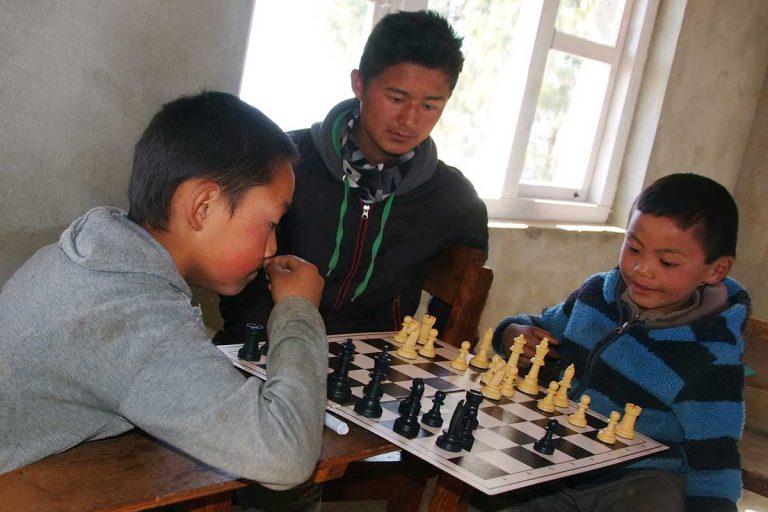
Organic Farming
At Yangrima School, our organic farming initiatives reflect our commitment to sustainability and experiential learning. Through our dedicated farm program, students engage in every aspect of cultivating organic crops, gaining essential agricultural skills while fostering a deep appreciation for nature. From planting and nurturing crops to harvesting and consuming the produce, this hands-on experience enhances their understanding of sustainable agriculture and promotes healthy eating habits.
Beyond academics, the program cultivates vital life skills such as teamwork, responsibility, and environmental stewardship. It encourages a strong sense of community as students collaborate to support the school’s initiatives and contribute to local food systems. By participating in organic farming, students are empowered to make positive impacts on their health, the community, and the environment, preparing them for a sustainable future.
A cornerstone of this initiative is the Farm-to-School program, introduced by Nima Permaculture Farm. This transformative project integrates sustainable agriculture into the educational experience, offering students access to fresh, farm-grown produce and opportunities for hands-on learning. Through farm visits, garden-based education, cooking lessons, and recycling initiatives, students engage deeply with the principles of sustainability.
Permaculture, which emphasizes creating self-sustaining agricultural systems by harnessing natural resources, provides numerous benefits. It enhances environmental sustainability, improves nutrition, and fosters experiential learning that reinforces essential life skills. By incorporating permaculture practices, students develop a greater understanding of ecology, conservation, and healthy living.
Nima Permaculture Farm aims to become a model of sustainability not only for Yangrima School but for the broader Sindhupalchowk district. The farm serves as a demonstration site, showcasing the benefits of permaculture to the local community and inspiring other institutions to adopt similar approaches. The program underscores the critical role of sustainable agriculture in education, community well-being, and environmental stewardship.
In the long term, this initiative is expected to create lasting social, economic, and environmental benefits, offering both students and the community a model for sustainable living that resonates across the region.
